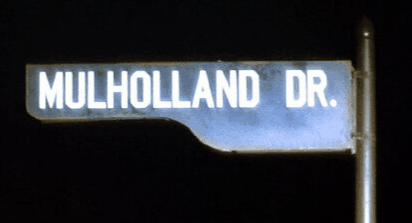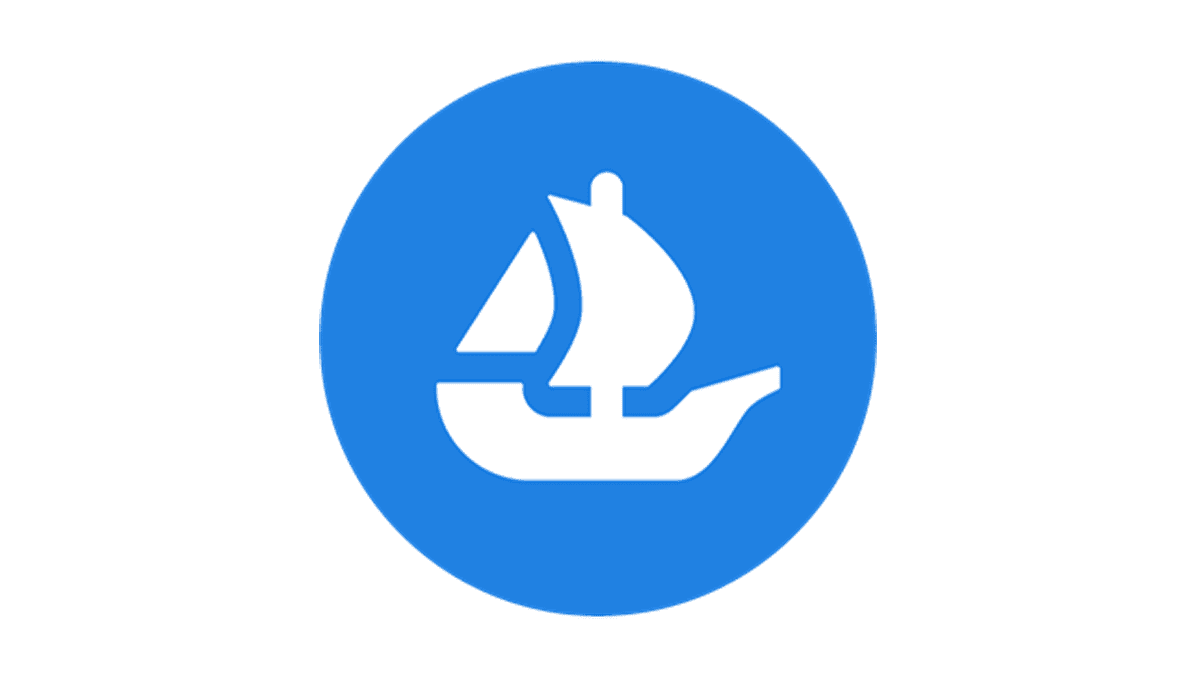4th BIENNIAL MEETING OF THE BABEL WORKING GROUP
Centre for Medieval Studies, Lillian Massey Building, 125 Queen’s Park, University of Toronto, Toronto, Canada
DAY 3: SUNDAY, OCTOBER 11
Un/Session 6. Mash Notes
Co-Organizers: Helen Burgess (North Carolina State University) + Craig J. Saper (University of Maryland, Baltimore County)
Flâneur: David Gersten
*This un/session will run all day Sunday, Oct. 11 in the Great Hall, Centre for Medieval Studies, The University of Toronto, Canada.
We have long participated in signed or anonymous declarations of love and desire. Adderall 30mg even in our neoliberal institutions, peculiarly bloodless forms remain: the corporate pitch meeting, the grant proposal warped by our understanding of what the other (funding agencies) “wants.” Screw that. As Roland Barthes declares, “What love lays bare in me is energy.” This will be an online/offline un-session conducted all day Sunday, Oct. 11 in the Great Hall, Centre for Medieval Studies, featuring participants entering into the lover’s discourse, with documents both electrical and tactile. Updates and online components of this session will be found HERE.
- Helen J Burgess (North Carolina State University), “MashBOT” (A twitterbot. With printer.)
What would a bot do if it could write a mash note? Let’s ask it. This project will craft some handmade lovebots on Twitter, and pair them with a small thermal printer.
- Craig Saper (University of Maryland, Baltimore County), “TENT–a–tive Vision(s) for an Electric [Kool-Aid Acid] Press” (A manifesto.)
There is already a consensus in academia of the main values founding our Electric Press project in collaboration with punctum books. The scholarly (or creative) value is not determined by mode: printed on paper no longer the privileged mode of delivery. Major scholarly organizations and associations have constructed guidelines for peer-review and legitimacy of electronic and multimodal publications. Multimodal projects can also make available new tools, perspectives, and types of knowledge. Multimodal book-equivalents are still part of the history of the book and printing. Once we agree on these foundational values, then the next question is what specifically do we intend to publish. This paper will spend the majority of its time establishing the aspects of Electric Press’ focus. In general, that tentative focus of Electric Press has two general criteria. The works published will: engage in experimental research methods; explore the shift from print-literacy to electronic/Electracy rather than remediating the advantages of the printed-on-paper book in a pdf or other form that mimics and expands the book. The ethos of the Electric Press can be summarized by the revised slogan from The Electric Kool-Aid Acid Test (“Drop Out & Turn On”): “Drop In & Boot Up” . . . and to do so, you’ll need a TENT-a-tive vision.
- Haylie Swenson (George Washington University), “Philia” (A radio podcast.)
I propose, as a labor of love, presenting my “paper” in podcast form. My dissertation considers the intimacies that arise at the intersection of human and animal death across pre-modern and contemporary literature. My podcast will tell the story behind the story, as it were; it will describe the emotional and tactile encounters I have had with animal vulnerability that underlie this project (an invasive insect I saved from being squished on the Metro; a fox that surprised me in a moment of contemplating my father’s illness; a baby mouse that died in my hand). Using the intimate medium of radio, I will tell these stories as a way of considering the fine line that divides the personal and the scholarly. A love letter to both radio storytelling and scholarship, my podcast will explore one possible, underutilized outlet for telling the stories — the sorrows and passions, the serendipitous encounters — that fuel our academic work.
- Leslie King (Radford University), “Erased – Memories of a Forgotten Daughter” (A handmade book and digital counterpart.)
The memories come and go. Sometimes they manifest in a distorted form. To deal with her mother’s memory loss and how their relationship is changing because of this, Leslie King combines the creation of a handmade book and a digital publication that deconstructs it. The three-dimensional book represents tangible memory. The book is formatted as an origami blizzard book, which holds in its pockets King’s miniature drypoint etchings, words, and event proof in the form of photographs, receipts, and other odds and ends. In the book’s two-dimensional digital representation, the subject becomes distorted through its flattened nature and eventual pixilation loss, like memory, as time goes by.
- Norman Hogg and Neil Mulholland, Confraternity of Neoflagellants (Concordia University + University of Edinburgh), “Thekarites (2014)” (A slideshow.)
Thekarites is a theory-fictional account of the life and death of the artist Paul Thek and his ‘Technological Reliquaries’. In this re-telling, Thek continues to confound the contemporary art scene after his death. Though his processual rituals Thek enacts a dismantling, relic-ing and radical redistribution of the self that floods the sensual hyper-economy with tiny Thekarites — clusters of affective agency or desire. Thek’s radical little ‘me-machines’ then lead a revolution from within the ‘internet of things’ pathing the way for the West’s ecstatic embrace of an animist future.




